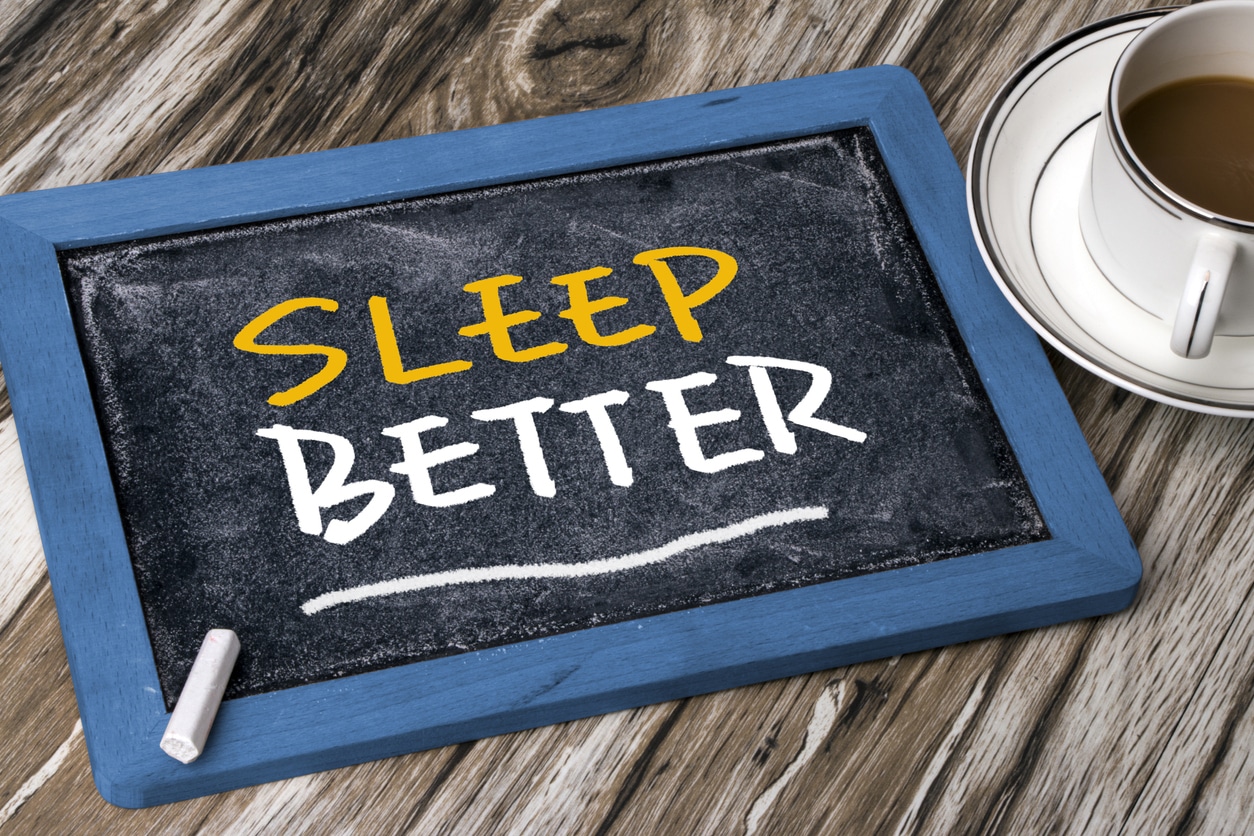World Sleep Day ®
World Sleep Day ® is an annual event with the intention of highlighting the importance of sleep and raising awareness for the health issues caused by the lack of quality sleep. This annual event is hosted by The World Sleep Society and it is held the Friday before Spring Vernal Equinox each year. This year, World Sleep Day ® falls on March 18th, 2022 and the theme is “Quality Sleep, Sound Mind, Happy World.” This theme aims to educate the public on the benefits that quality sleep has on your mental, emotional and physical health. Sleep truly is a foundational pillar of human health and impacts every aspect of our body!
The Importance of Quality Sleep
The National Institute of Health and The National Sleep Foundation go into detail about how each part of your body benefits from a quality night’s sleep. Listed below are some highlights:
- Heart: Cardiovascular health depends heavily on sufficient sleep. Sleep allows your heart to recover as well as regulates insulin, ghrelin, and leptin, which all work to control our metabolism and keep our heart healthy.
- Brain: While we sleep, our brain works on converting short-term memories to long-term memories. Getting enough sleep ensures optimal cognitive function, as well as the ability to focus and pay attention throughout the day.
- Hormone Regulation: A healthy sleep cycle regulates your hormones and ensures cortisol levels decrease at night and growth hormone levels increase. Sleep deprivation can lead to many hormonal issues including stunted growth.
- Immune System: Getting less than seven to eight hours of sleep a night can affect your ability to fight off illness. That is because your body needs time to recover at night and produce enough anti-inflammatory cells.
- Skin: Quality sleep helps promote healthy aging and can even help prevent or control acne. Studies show people who do not regulatory get enough sleep had increased signs of skin aging and slower recovery from a variety of environmental stressors.
- Weight: Sleep apnea is a major cause of weight gain, and an unhealthy weight can cause sleep apnea. Therefore, living an active lifestyle that includes seven to eight hours of sleep a night, can help you avoid this vicious cycle.
- Muscles: Sleep regulates inflammation and gives muscles time to recover, reducing risk for injuries. This is essential for anyone who is active, but especially athletes.
Practicing Good Sleep Hygiene
Now that you know how important sleep is for your overall health and well-being, you might be wondering how you can improve your sleep. The answer is to practice good sleep hygiene! As explained by The National Sleep Foundation, good sleep hygiene means having both a bedroom environment and daily routines that promote quality, consistent sleep. If you are having trouble sleeping at night, poor sleep hygiene is likely the culprit. Take a moment to evaluate your routine and then make small adjustments where necessary.
Limit sugary drinks and processed foods, stick to water and/or herbal tea after noon each day, eat dinner earlier if possible and turn off all your devices at least an hour before bed. In addition, making your bedroom cool, dark and comfortable, reducing evening disruptions, following a relaxing pre-bed routine, and building healthy habits during the day can all contribute to ideal sleep hygiene. To learn more about World Sleep Day®, the benefits of sleep and how to create ideal sleep hygiene, visit The World Sleep Society or The National Sleep Foundation!



